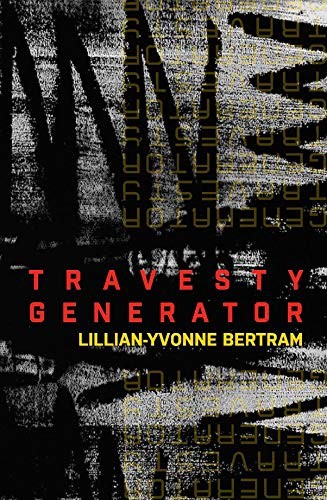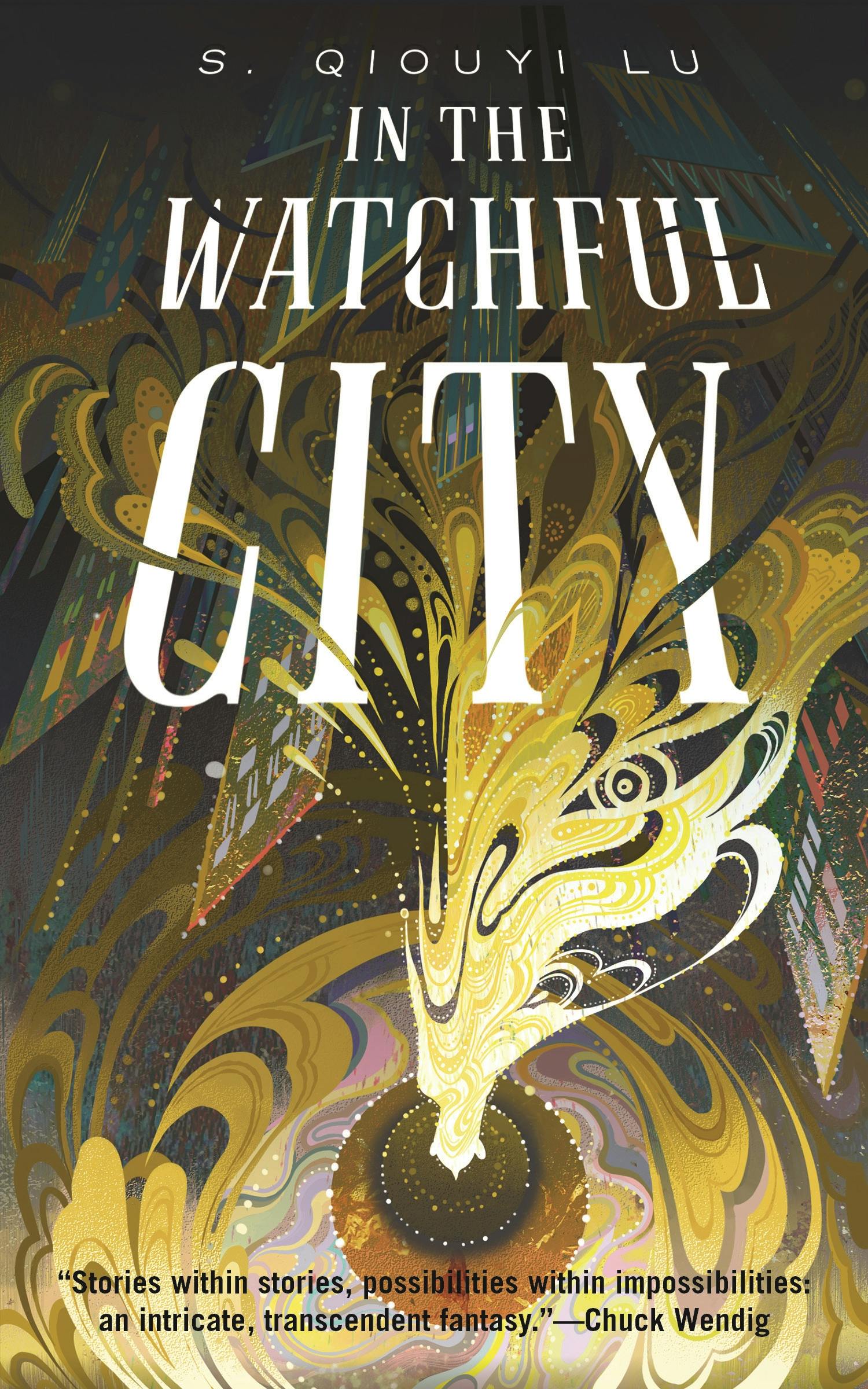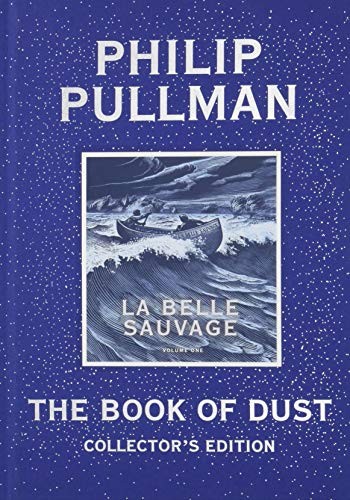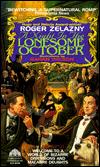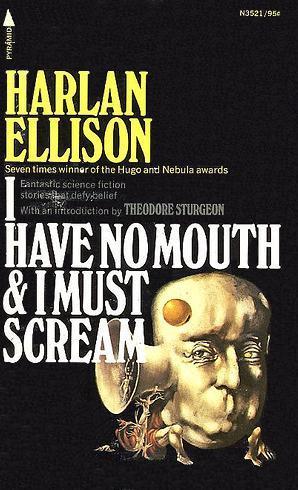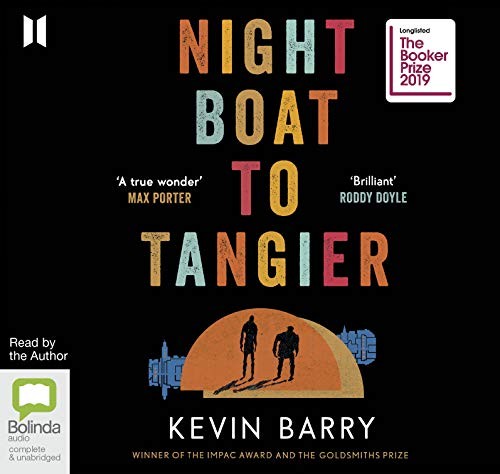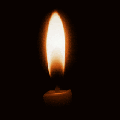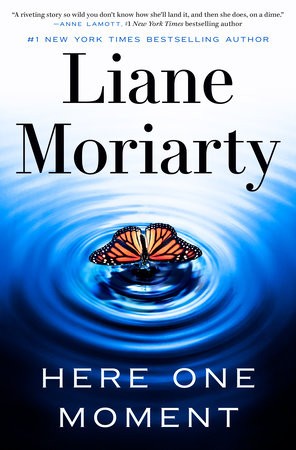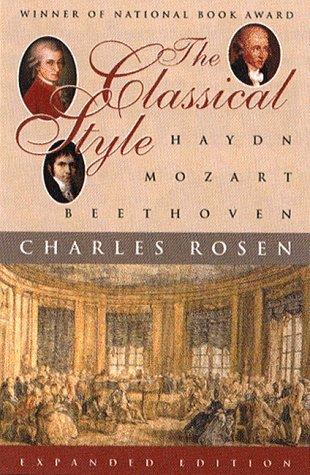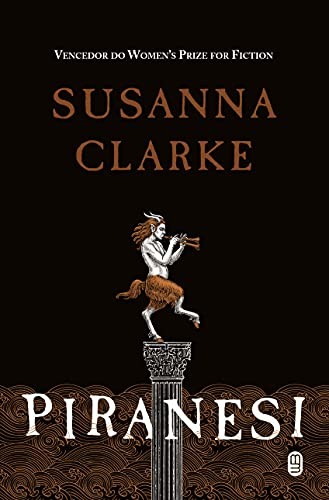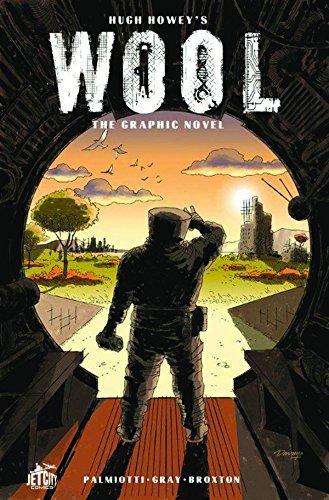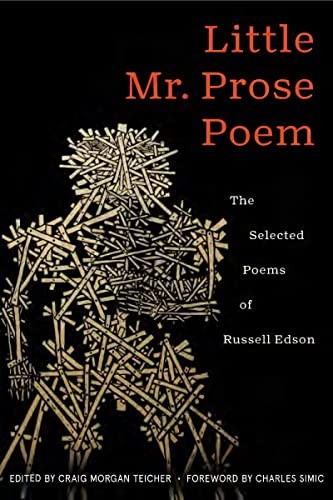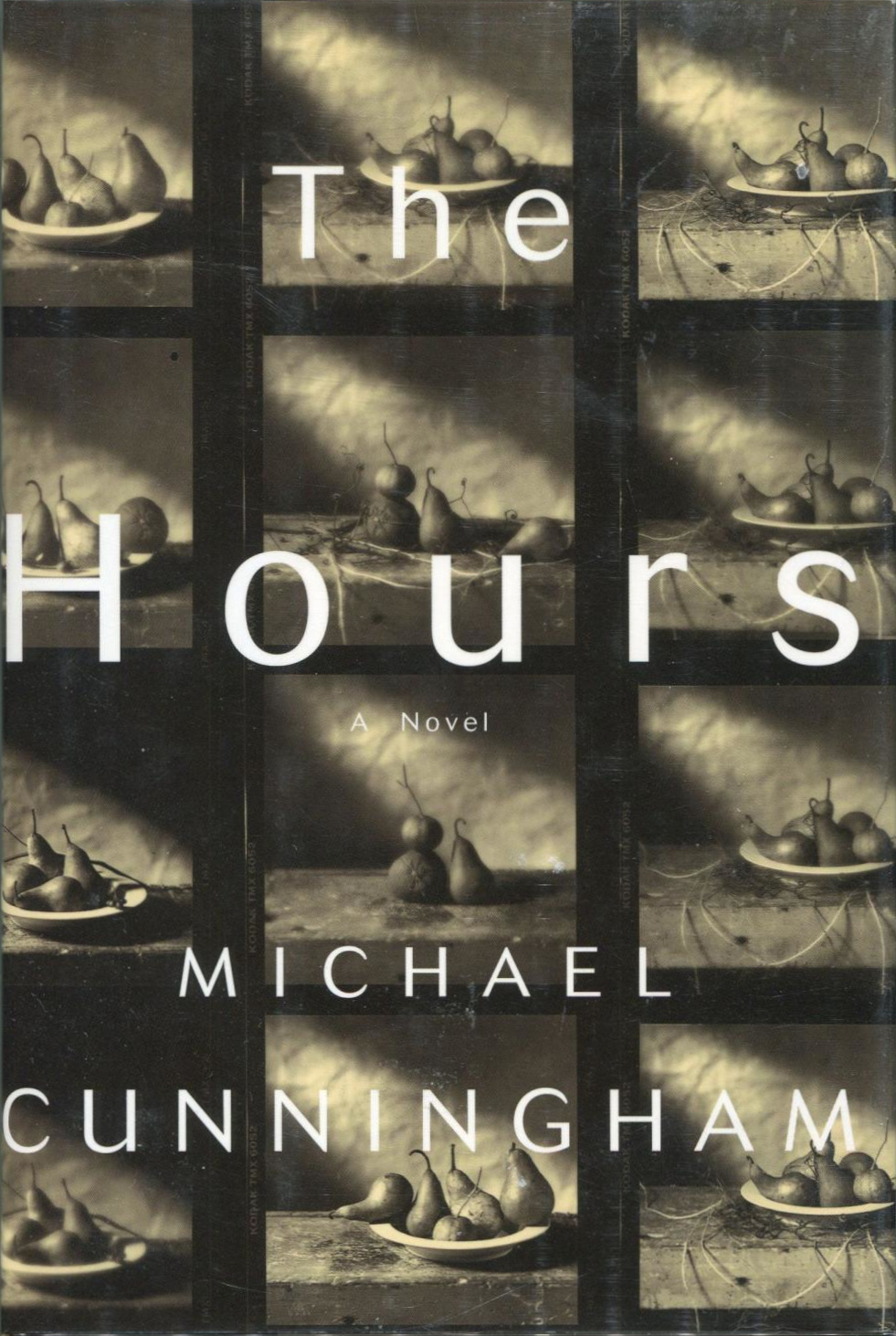4thace reviewed Here One Moment by Liane Moriarty
A popular puzzle story set in Australia
4 stars
This is not a tremendously deep book but still an entertaining one. It imagines what it would be like for all the passengers stuck on a flight to each receive the cause and year of their deaths. The protagonist delivering these turns out to have a past connection with telling people's fortunes and with actuarial science, and the way her over the top behavior affects the lives of a bunch of the passengers makes up the rest of the story. It is a long book with alternating chapters devoted to the protagonist and to the passengers. The author does her best to give the characters fleshed out lives, not stereotypical, not too perfect, not too despicable. Not long after the flight is when the first few death predictions start to come true, in a case of novel logic.
There's enough tension maintained throughout to keep a reader engaged with …
This is not a tremendously deep book but still an entertaining one. It imagines what it would be like for all the passengers stuck on a flight to each receive the cause and year of their deaths. The protagonist delivering these turns out to have a past connection with telling people's fortunes and with actuarial science, and the way her over the top behavior affects the lives of a bunch of the passengers makes up the rest of the story. It is a long book with alternating chapters devoted to the protagonist and to the passengers. The author does her best to give the characters fleshed out lives, not stereotypical, not too perfect, not too despicable. Not long after the flight is when the first few death predictions start to come true, in a case of novel logic.
There's enough tension maintained throughout to keep a reader engaged with the story up to the denouement which landed for me in a way I didn't exactly predict. It is put together with craft and reaches for life lessons by the end as a gift to readers who stuck through the entire tale. The author has wriitten bestselling novels and is clearly well-versed in the way popular fiction works.
I listened to this in audiobook form over the course of about six weeks. Not every story line grabbed me but there weren't any that really made me want to quit. It's not really my usual book fare but I feel like it was a solid production. I don't see myself looking for quite such a long bit of popular fiction so I don't know that I'm motivated to pick up another title by this author soon.
